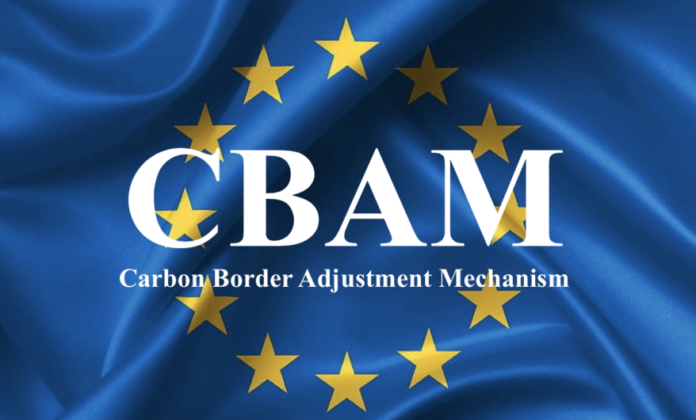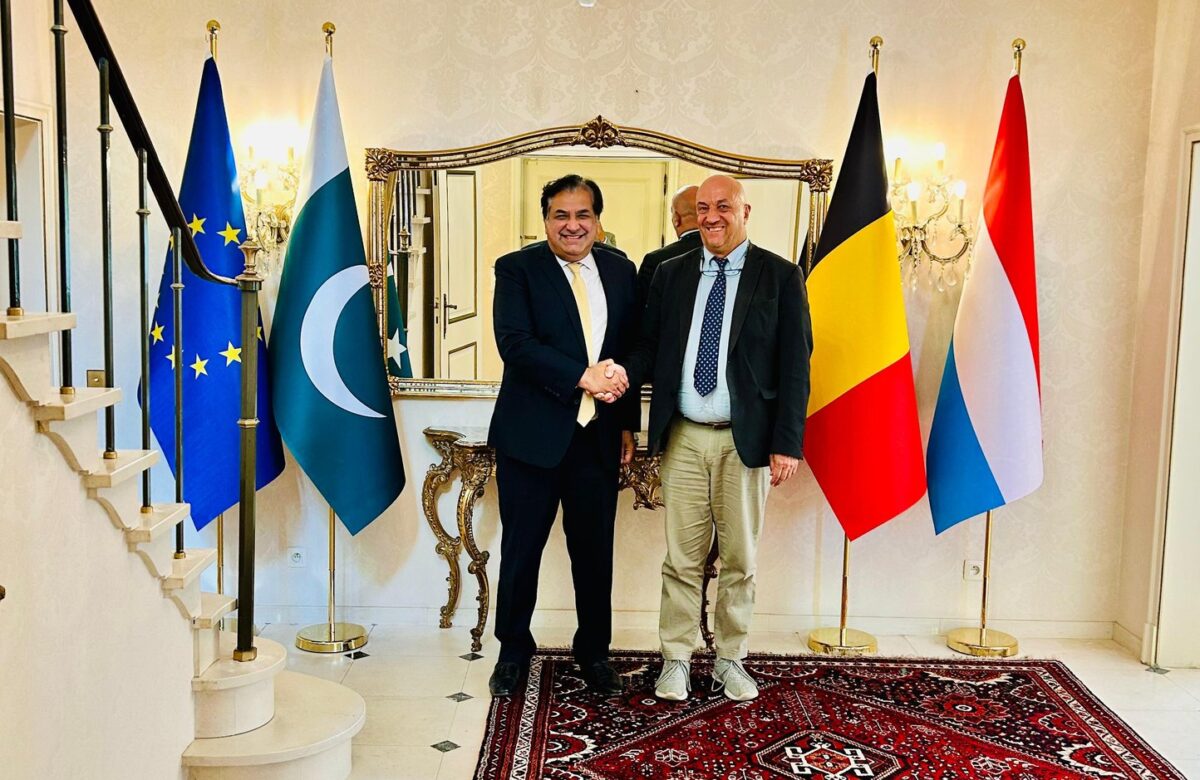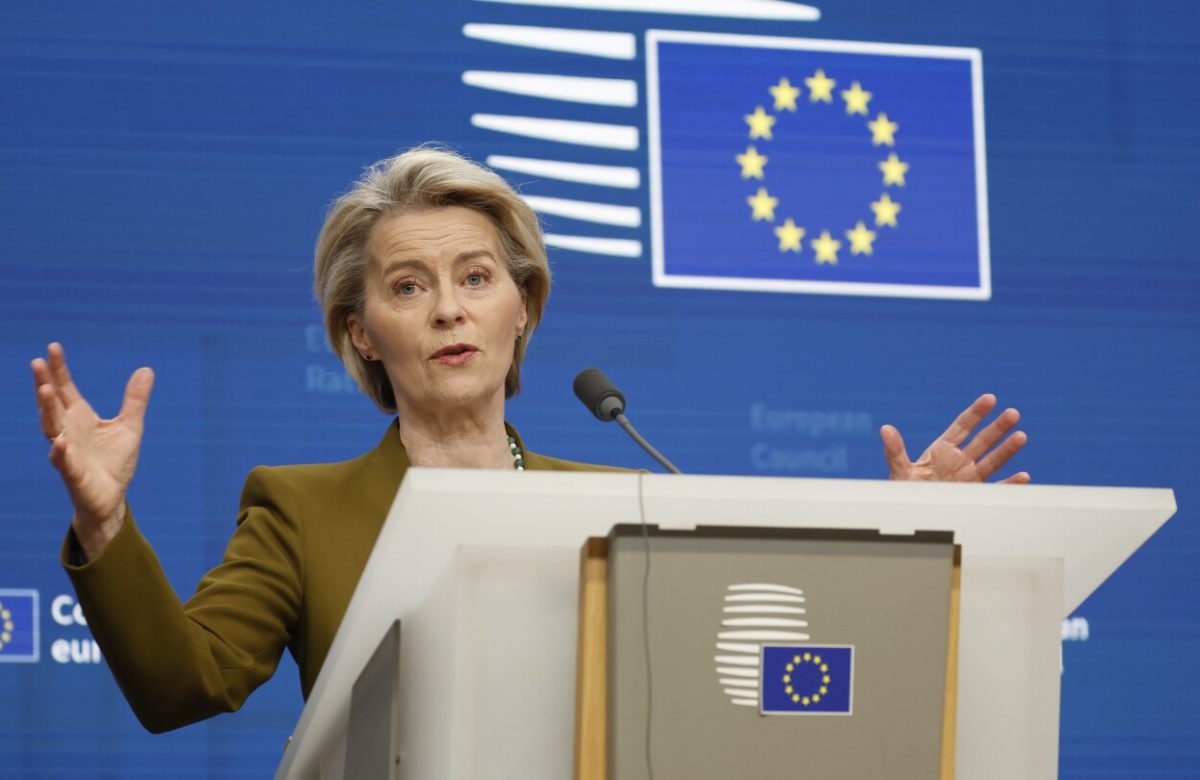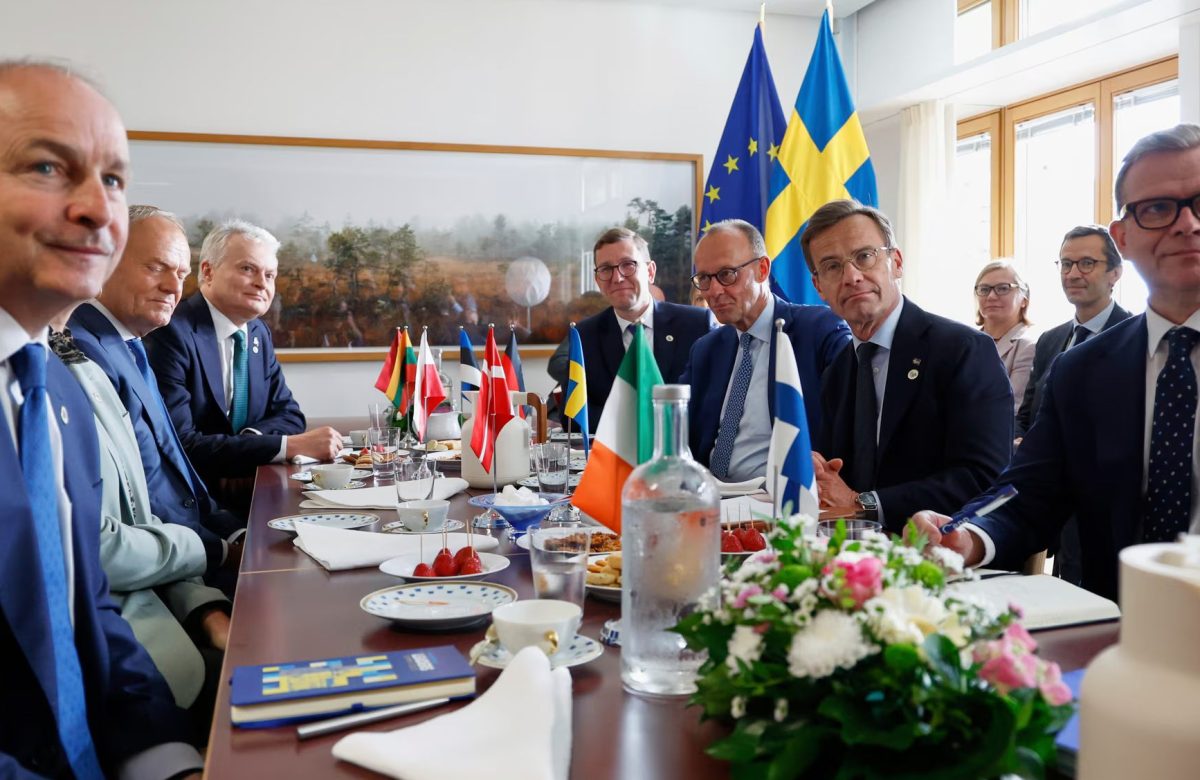
Embassy of Pakistan in Brussels Hosts Informative Session on Carbon Border Adjustment Mechanism
- Business
- October 17, 2024
- No Comment
The Embassy of Pakistan in collaboration with the Ministry of Commerce (MoC) and the European Commission organized an insightful session on the Carbon Border Adjustment Mechanism (CBAM), focusing on its implications for Pakistani exporters.
This mechanism targets key sectors, including cement, iron and steel, aluminum, fertilizers, electricity, and hydrogen. The session attracted a diverse audience of representatives from both the public and private sectors, eager to learn about the changes that lie ahead.
Delphine Sallard, Director General of Taxation & Custom Union (TAXUD) at the European Commission, provided a thorough presentation. She explained that CBAM is an EU initiative aimed at tackling carbon leakage by imposing a carbon price on imports from non-EU countries. This approach ensures that imported products face the same carbon costs as those produced within the EU, thereby encouraging a global reduction in greenhouse gas emissions.
Sallard further elaborated on the specific impacts of CBAM on Pakistan’s export landscape. Pakistani exporters will need to implement measures to monitor, report, and reduce carbon emissions throughout their production processes to comply with the new regulations.
Nasir Hamid, Additional Secretary of the Ministry of Commerce, highlighted the urgency for Pakistani industries to adapt to these regulations, as compliance will be crucial for retaining access to European markets. He commended Omar Hameed, Economic Minister at the Pakistan Embassy, for his efforts in raising awareness among Pakistani businesses about these impending European regulatory changes.
The session underscored the importance of aligning with international environmental standards as the EU advances towards stricter carbon emission regulations, signaling a transformative period for Pakistani exporters aiming to thrive in the European market.







